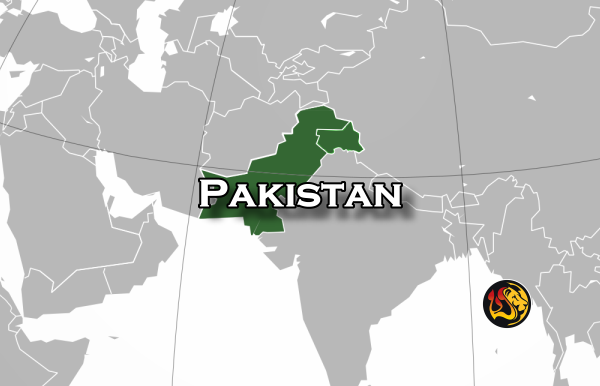By Stefan J. Bos, Chief International Correspondent Worthy News
(Worthy News) - United Nations human rights experts have urged Pakistan to release a mentally ill Christian man who was detained two years ago for “insulting” Islam's Prophet Muhammad.
Stephen Masih, a Pakistani arrested in March 2019, is jailed in the city of Sialkot in the eastern Punjab province, where he lived
The U.N. experts complained that he has yet to face trial. Masih's family has denied the blasphemy charge and said he was mentally ill.
“We are seriously concerned by the persecution and ongoing detention of Mr. Masih on blasphemy grounds,” the experts said.
They added they are also worried “by his treatment at the hands of the judicial and prison authorities who are aware of his psychosocial disability and health condition.”
They said medical reviews to assess Masih's mental health and fitness to stand trial were “repeatedly delayed.”
MUSLIM PRISONERS
The U.N. team noted that Masih was held with Muslim prisoners in a jail cell, putting him in danger.
Their appeal came as Christians supporting Masih told Worthy News that he had been “attacked in jail by Muslim prisoners because of his faith.”
He now occupies a cell on his own for his security, according to some Christians familiar with the situation. Masih, in his early 40s, was living at home with his sister and bedridden elderly mother in Sialkot District before being detained.
His troubles reportedly began when he got involved in a quarrel with a neighbor, which led to him being beaten by a crowd of Muslim men.
The men accused him under section 295-C of the Pakistan Penal Code of making derogatory remarks against Prophet Muhammad, which carries the death penalty.
Rights groups say Pakistan’s notorious “blasphemy” laws are often used to make false accusations to settle personal scores.
Christians are mainly targeted as stating their faith could be seen as “blasphemy,” according to Barnabas Fund, an advocacy group monitoring the case. “The lower courts usually favor the testimony of Muslims, under ‘sharia’ or Islamic law,” the group added.

